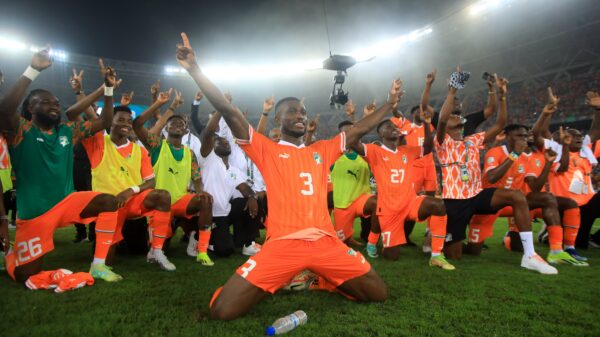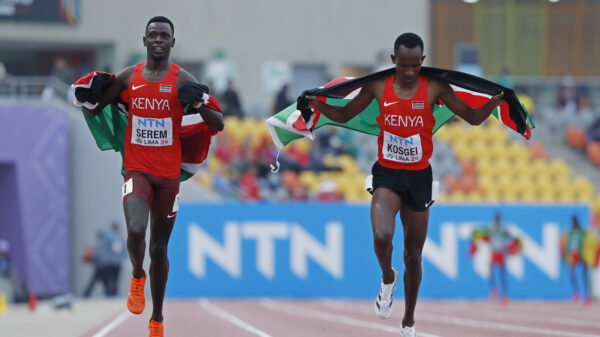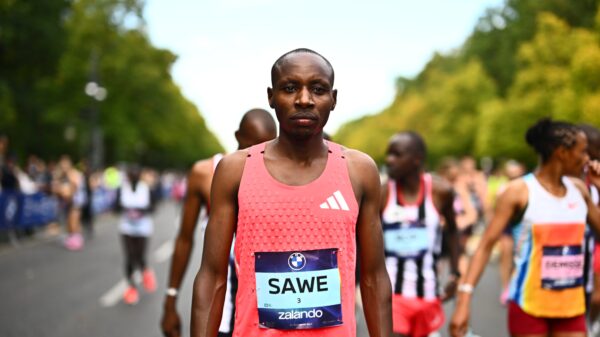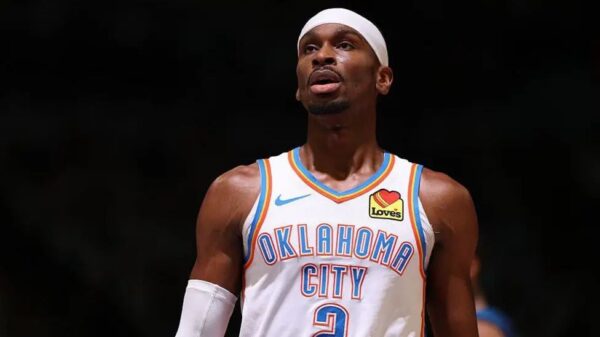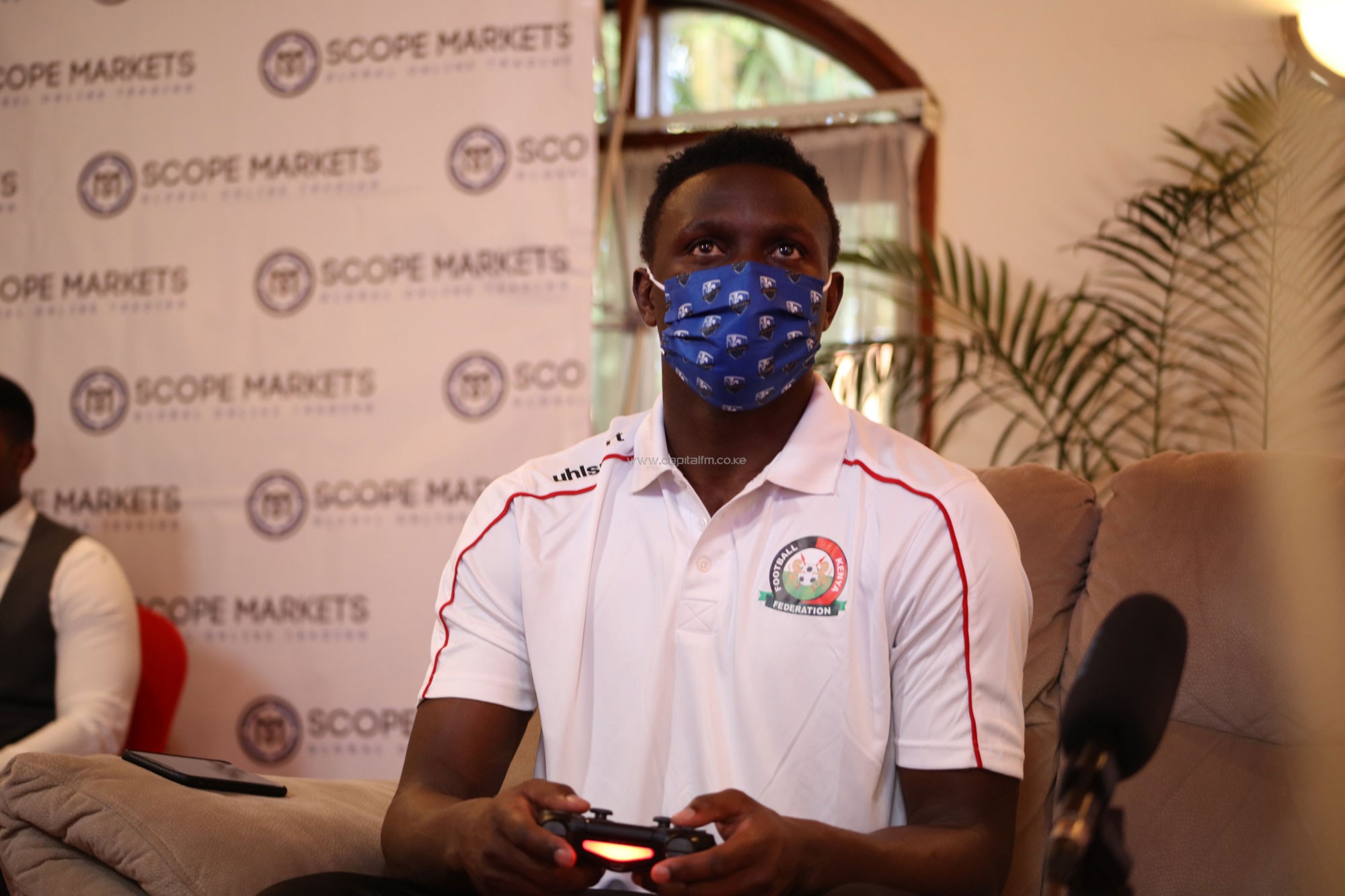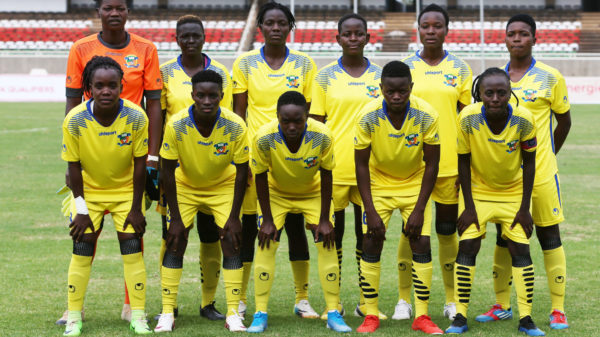NAIROBI, Kenya, February 6 – Nowhere has the smartphone revolution been felt more than in Kenya where many people esteem it as an essential device for everyday living.
Coupled with ever increasing mobile penetration across the country, smartphones have spread like a wildfire, as must-have tools for communication and information.
The latest statistics from the Communication Authority (CA) indicate that smartphone penetration in Kenya was at 58.3 per cent as at the end of March last year.
Furthermore, the mobile internet subscriptions peaked at 47.96 million within the same period – an indictment of just how crucial smartphones and the Internet have become pivotal to human survival as far as Kenya is concerned.
The increased uptake of smartphones and Internet penetration have subsequently catalyzed the growth of e-sports, which is fast gaining popularity among many Kenyans, especially the youth.
Ronnie Lusigi, president of the E-Sports Kenya Federation, says the increasing smartphone ownership in the country is an answered prayer for their efforts to popularize and grow the sport.
“Yes, because smartphone is accessible and affordable. Furthermore, most of the games on smartphones are easy to download and do not consume a lot of bundles. Most of them are also free to play as compared to some games on console that people have to purchase for them to play,” Lusigi explains.

Lusigi believes mobile gaming is an apt alternative to enthusiasts who may not be able to access PC consoles and PlayStation.
He points out that smartphones can help gamers sharpen their skills as far as different games are concerned.
“Of course, mobile penetration is high in Kenya as well as Africa. We have games, such as Call of Duty…of course PlayStation is the biggest with games such as Fifa, Tekken, Mortal Kombat, NBA 2K and we have PC games in which we have been able to compete at the World Championships,” Lusigi says.
What is e-sports?
E-sports (electronic sports) are video games played in competitive environments via various platforms, such as consoles (PlayStation and X-Box), PCs or laptops as well as mobile phones/smartphones.
In Kenya, e-sports competitions have long been held albeit informally.
Formation of the E-sports Kenya Federation has provided a formal platform – recognised by the government – where such competitions can be held at the grassroots, national or even international level.
Lusigi reveals they are members of the Global E-sports Federation and have subsequently laid the groundwork for a nationwide league by the end of this year.
“Our federation was operating on an interim basis since 2018 until last year when we aligned with the Sports Act and held our national elections. We will be launching a league at the end of this year and also, just to align with the government’s youth development agenda, we will also be launching a junior esports competition,” he says.
Lusigi adds: “Already, we have an existing Kenya Universities Esports league, which we piloted last year. So, expect a varsities league, national and junior league.”
Part of efforts to grow the sport also include partnerships with video games operators at the grassroots.
“We have just rolled out a registration for a national forum for E-sports tournament organisers in which we are targeting those operators at the grassroots. This is so that we can give them the training and the enabling environment to organise more competitions,” he explains.
Outstanding issues
A nagging issue at the back of Lusigi’s mind is the recent spate of break-ins and robberies at video games establishments, which has set back the respective proprietors.
Lusigi’s appeal to law enforcement agencies is to institute thorough investigations into the possibility of a link between the robberies.
“We have an increase in incidences of theft involving video game shops. In January alone, we have registered seven cases of shops that have been robbed in a similar manner…similar fashion…and we are not receiving the best support from the authorities,” he says.
Lusigi adds: “I’d like to condemn these robbery cases…our video gaming community have lost approximately Ksh 80-100 million in January alone. The robberies are being carried out the same way…in Roysambu, in the CBD at Gamemasters Lounge and in Nyayo Estate. We want to ask our authorities to help curb these rising cases.”
The president points out that such negative incidents are reversing the gains made in growing the sport.

“These are not just places where people play. These are safe spaces…they keep the youth away from drugs and crime. These are spaces that have produced world beaters because we have Kenyans who have competed at the highest level. These are employment and investment opportunities,” Lusigi says.
Another elephant in the room for esports is concerns that video games encourage a sedentary lifestyle.
In a young population already straining under the weight of lifestyle complications, such as obesity, stroke and cardiovascular diseases, among others, could esports aggravate the situation?
On the contrary, Lusigi believes e-sports provides a pathway for young people to remain physically active.
“Almost all activities in the present age may promote a sedentary lifestyle if not well taken care of. Chess can promote that…darts can promote that…but what makes esports good for video gamers is it removes you from the comfort of your bedroom to the social space of playing video games,” he explains.
Lusigi adds: “When you come to play socially with us, we train you on how to take breaks in between games. You need to hydrate…what posture you need to keep…how long you should play video games…so it is actually a game changer by helping people to remain productive.”
In lieu of the concerns of the health effects of video games, the federation has been on a nationwide campaign to enlighten parents on the benefits of esports.
Lusigi says they are keen to dispel the notion of video games as the devil’s advocate as far as lifestyle diseases are concerned.
“We are also communicating to parents through schools in programmes that we have rolled out. We have done one at St Christopher School and Rusinga School to help parents understand video gaming and how they can support their children to play it better,” Lusigi explains.
‘Pesa mfukoni’
In a time when the Kenya Kwanza government has purposed to provide avenues for young people to enrich themselves via their talents, Lusigi notes that esports is the epitome of Talanta Hela.
“Last year we had a champion who competed in France under the Creative Africa Forum courtesy of the French embassy. He won that competition and went to Nigeria and was second in Africa. We have Charlene Ndirangu who went for the Afro-Arab league and became number two…won almost Ksh 250,000. We even have the refugee community…a 19-year-old South Sudanese who won Ksh 400,000 at the Tusker E-sports competition,” Lusigi reveals.
He adds: “Beyond that, there is an ecosystem…we have referees and coaches who are earning money. We have support staff and event organisers who are earning money. We have venues that we book…retailers of electronics are making money because we are buying more TVs, monitors and smartphones than before. Banks are seeing increased revenue because we buy these games using credit cards. So esports is basically an employer.”
Lusigi’s parting shot is for everyone to jump on the esports bandwagon and get a share of the cake.
That the International Olympics Committee (IOC) are in the process of organising the inaugural Esports Olympics is enough evidence this sport is the next big thing.
Indeed, with a youthful population who learn how to operate a smartphone as early as the infancy stage, Kenya will be at the epicentre of e-sports growth.








